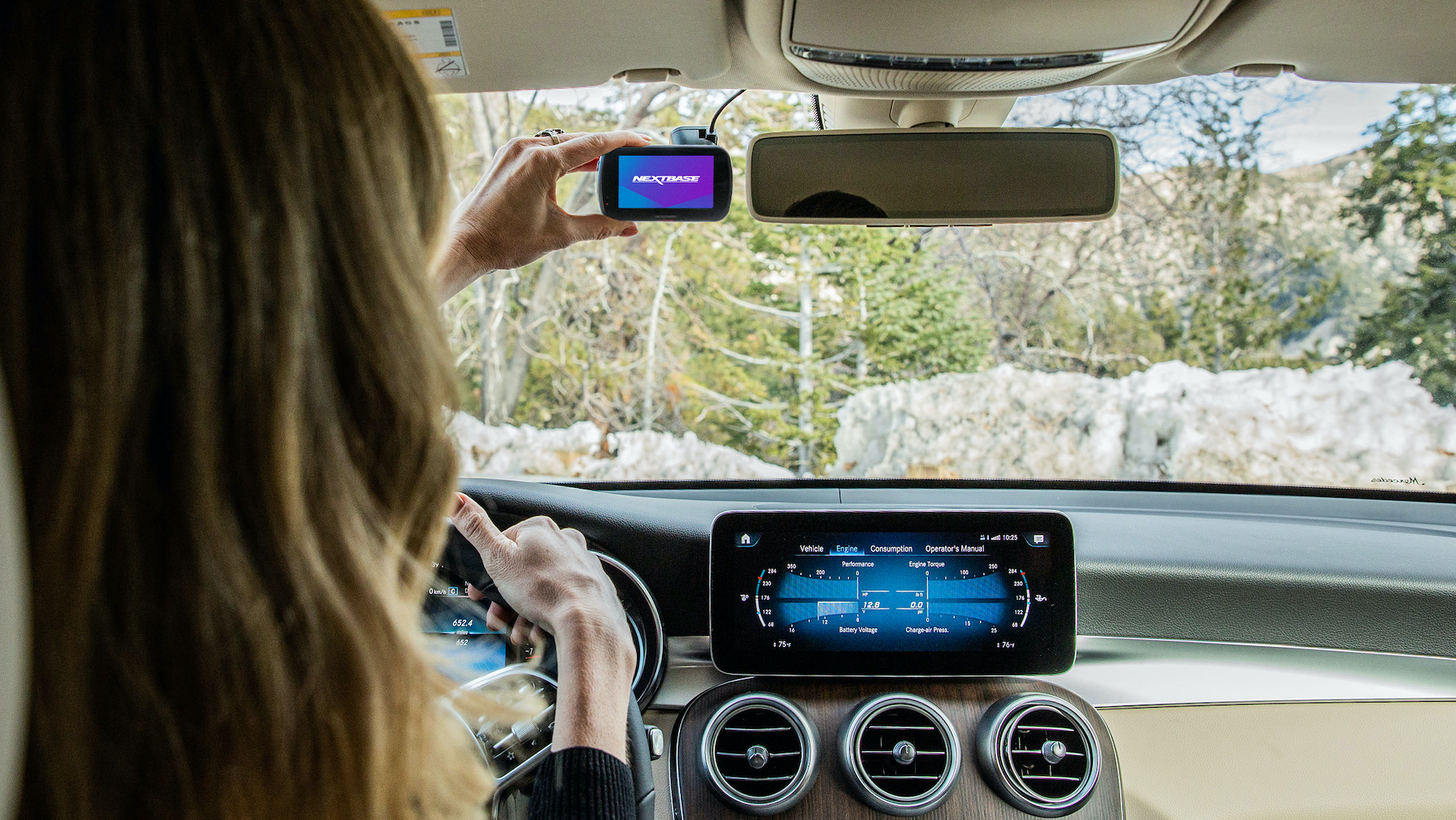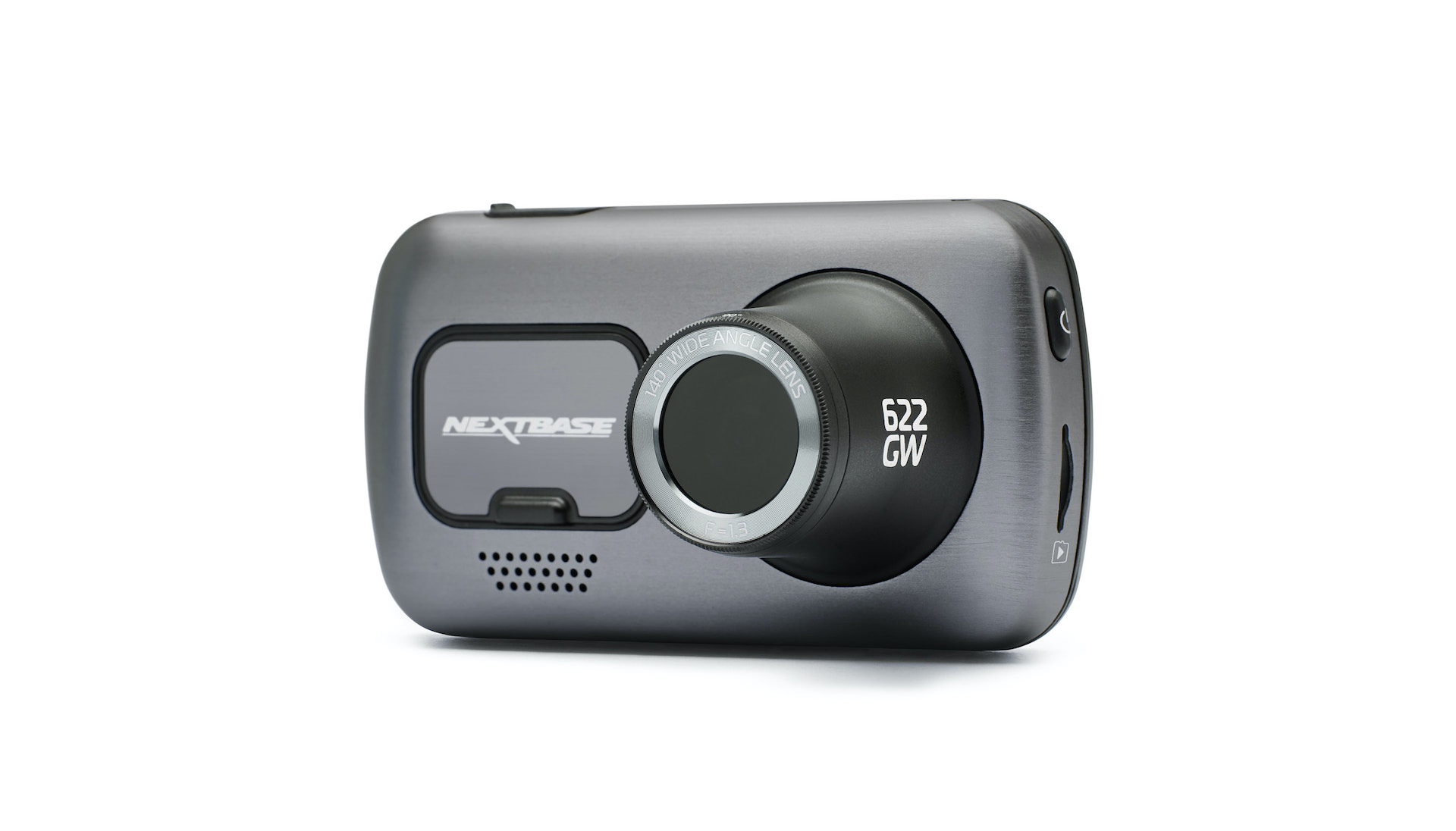Are dash cams worth the money?
The pros and cons of dash cam ownership


Get all the latest news, reviews, deals and buying guides on gorgeous tech, home and active products from the T3 experts
You are now subscribed
Your newsletter sign-up was successful
With the price of dashboard cameras falling ever further, they are accessible to more motorists than ever before. Dash cams have surged in popularity in recent years, helping drivers prove their innocence in accidents and providing crucial evidence of theft and other offences.
The best dash cams come in many shapes and sizes, with their prices varying from under £50 to over £400. Some simply record video of the road ahead, while others can act as driver assistance systems, altering you to sudden slowing traffic, speed limits and more.
The simplest way to answer the question of whether dash cams are worth it, is yes. For a relatively small investment, a dash cam has the potential to prove your innocence in the event of an accent, or capture crucial evidence like a number plate of another vehicle that could lead to a conviction. They can also potentially help lower your insurance premium, and models fitted with GPS can help the emergency services locate you in the event of a serious incident.
It used to be the case that insurance providers did not accept dash cam footage as evidence in claims, but for many that has now changed. And, while some motorists might not like the idea of a camera recording everything they do, research by the AA says 67% of drivers are happy for insurers to collect driving data if it meant better evidence in accident cases. The AA also found that 70% of drivers agree that anyone prosecuted because of dash cam footage recorded by another road user deserves their punishment.
Dash cam technology has improved markedly in the last few years, with even the cheapest, sub-£50 models recording video in 1080p Full HD resolution. They also have motion detection, wide viewing angles to capture a broad view of the road ahead, a large aperture to capture plenty of light, forms of night mode for recording after dark, and a compact, discrete design.
As well as gaining more features, spending more money on a dash cam can also mean higher quality video. For us, this is key to buying the right dash cam, and why you should aim to spend a little more than the absolute minimum on yours.
While Full HD video is all well and good, some dash cams offer the higher 1440p or even 4K resolutions. Of equal importance is a wide aperture for capturing plenty of lights (especially important for seeing details like number plates at night), image stabilisation, and a fast, steady frame rate for smooth, sharp video that retains its detail when paused.
Get all the latest news, reviews, deals and buying guides on gorgeous tech, home and active products from the T3 experts

You will also need to work out where the dash cam will be installed, and how. Some can simply be stuck into place with a suction cup and plugged into a USB port or 12V socket when needed. Others can be permanently installed in a position that sees them hidden neatly behind the rear view mirror, and their cabling tucked away behind the interior trim panels of the vehicle. In-between this, there are dash cams where the mount is permanently installed but the camera itself can be quickly clipped into place when needed.
We recommend readers look at a permanent installation. That way, the camera draws power from the car itself so can be used constantly. With a parking mode, these cameras detect movement even when the car is parked and switched off, then start recording in a bid to provide evidence of damage or attempted theft caused during the night.
If you want to spend more on your dash cam, you can also make use of various baked-in driver assistance systems. However, we often don’t find these features particularly useful, and feel you are better off spending your money on the best video quality possible instead of a dash cam trying to wow you with too many features.
It is also worth considering a system that includes two cameras, where the second fixes to the rear windscreen. That way, you have a view to the front and back, with the latter recording footage of incidents happening behind you. It is even possible to have a three- or four-camera system, with some models from Garmin linking together to record in four directions at once. This could be useful on larger vehicles like trucks and motorhomes.
Ultimately, what dash cams offer for a relatively small amount of money is peace of mind. They operate quietly and without distraction, and once set up require no interaction from the driver – and yet they have the potential to provide crucial evidence that could make the difference when it comes to a motoring conviction. They also have the potential to help you avoid paying your insurance excess and prevent the loss of your no-claims bonus. In our book, that makes them worth every penny.
Liked this?
- Best dash cam: top car dash cams tried and tested
- Cheap dash cam deals
- Best sat navs
- Best car seat
Alistair is a freelance automotive and technology journalist. He has bylines on esteemed sites such as the BBC, Forbes, TechRadar, and of best of all, T3, where he covers topics ranging from classic cars and men's lifestyle, to smart home technology, phones, electric cars, autonomy, Swiss watches, and much more besides. He is an experienced journalist, writing news, features, interviews and product reviews. If that didn't make him busy enough, he is also the co-host of the AutoChat podcast.
